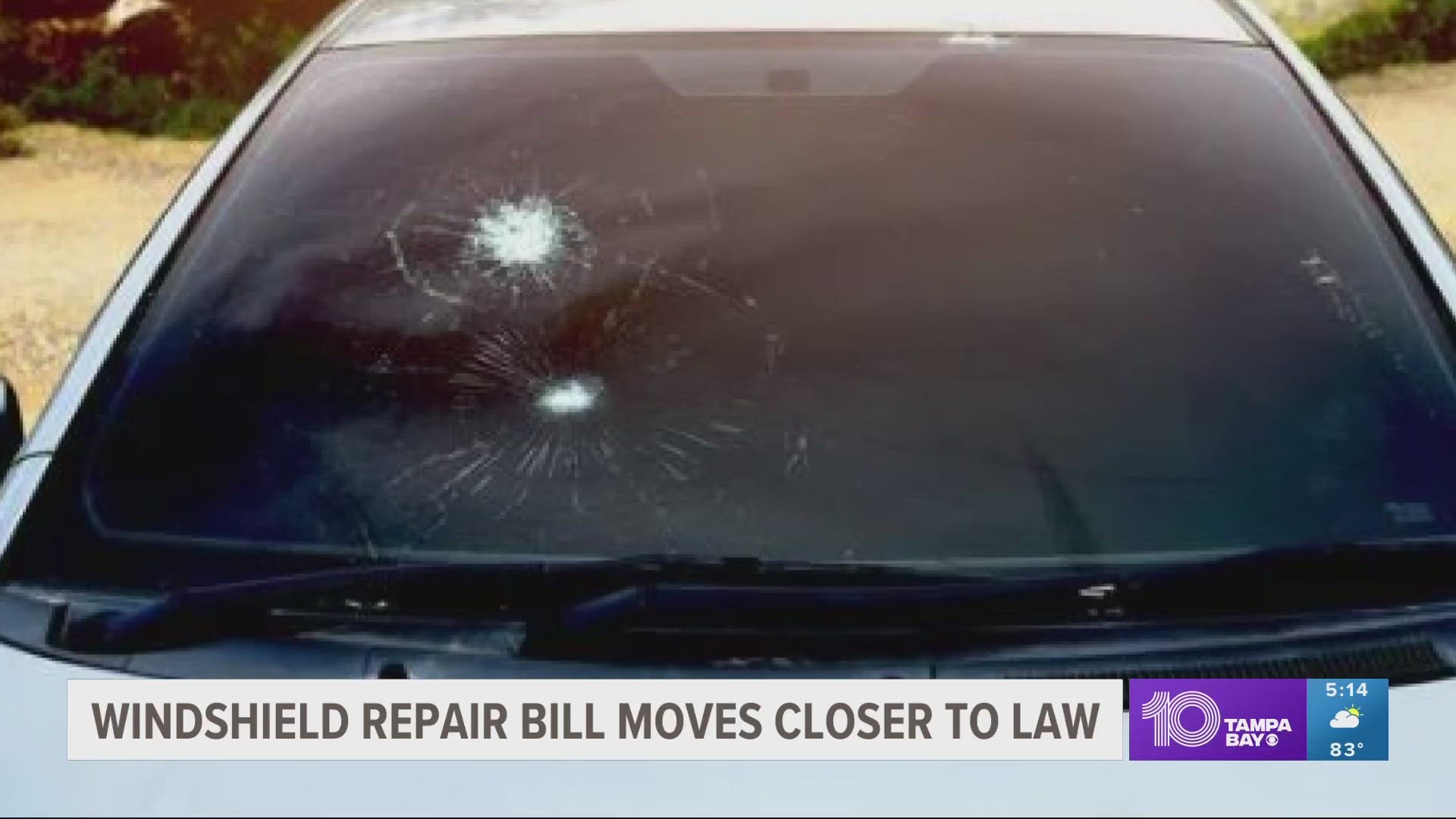NORTH REDINGTON BEACH, Fla. — We've got one week left in this legislative session, and as time ticks down, local mayors are keeping a close eye on a bill that could impact how local ordinances are passed.
Senate Bill 170 would require a handful of boxes to be checked before an ordinance is considered. Cities will have to provide the following:
- An estimate of the direct economic impact of the proposed ordinance
- Costs for businesses to comply
- A breakdown of new charges or fees businesses could face
- An estimate of how much it'll cost to enforce
- An estimate of the number of businesses likely to be impacted by the ordinance
"Home rule is the ability for local towns and cities to control their own business in town," North Redington Beach Mayor Bill Queen explained. "They enact their own ordinances, they enact their own rules that the people in the town want."
Queen says SB 170 takes power away from local governments by creating greater obstacles for municipalities to enact ordinances that make sense for their communities.
"The things that are on here are so, so in-depth, that's just basically – [what it's] gonna do is gonna cost a lot of money and a lot of time," he said. "And then on top of that, you're subjecting yourself to litigation and money."
The bill sponsor says this legislation will give businesses a chance to fight local laws that hurt them. And it will.
If passed, any ordinance challenged in court as arbitrary or unreasonable, like regulations of short-term rentals, umbrella bans, or single-use plastics, is unenforceable until a judge determines its validity.
"It's a lose-lose for towns," Queen said. "And what it would do is it would just stop people from really passing any ordinances without, you know, some dire need.
"Now, I do understand that they've made some exceptions to some of the requirements."
The bill would also compensate entities that successfully sue cities.
"If a civil action is filed against a local government to challenge the adoption of a local ordinance on the grounds that the ordinance is arbitrary or unreasonable, the court may assess and award reasonable attorney fees and costs and damages to a prevailing plaintiff," the bill reads in part. "An award of reasonable attorney fees or costs and damages pursuant to this subsection may not exceed $50,000."
Ordinances related to adopting state and federal law, emergency measures and budgets would be exempt.
This bill is written to go into effect in October of this year. It would apply to ordinances adopted after Oct. 1. For that to happen, the house has to pass it and the governor needs to sign it into law.
Malique Rankin is a general assignment reporter with 10 Tampa Bay. You can email her story ideas at mrankin@10tampabay.com and follow her Facebook, Twitter, and Instagram pages.

